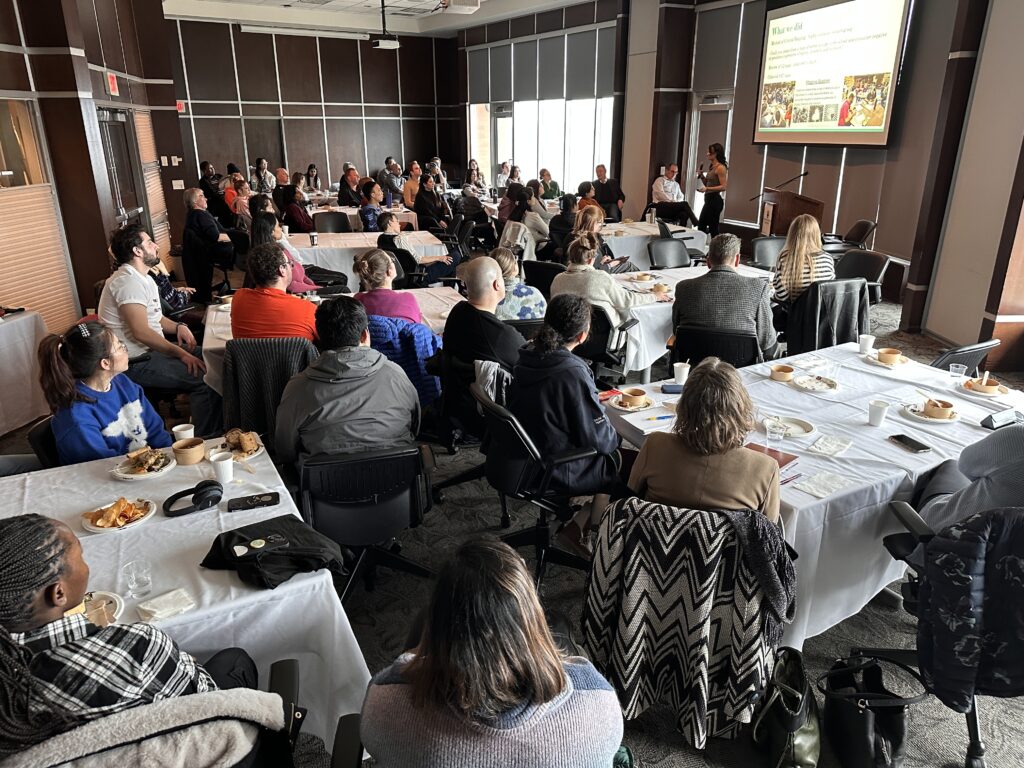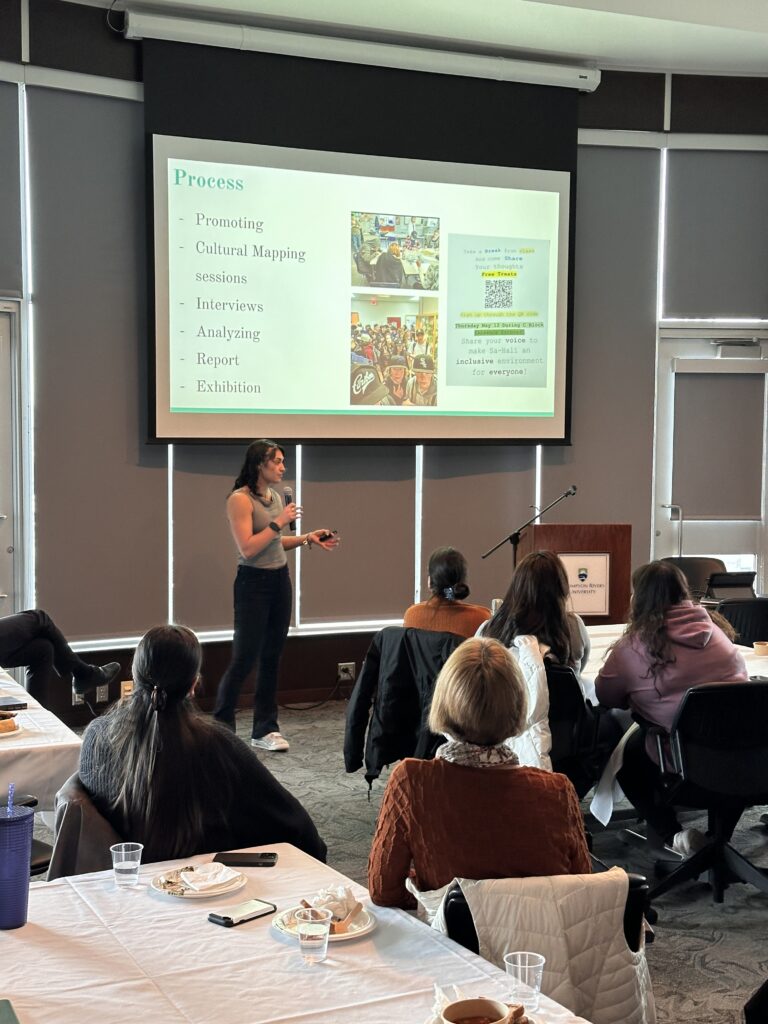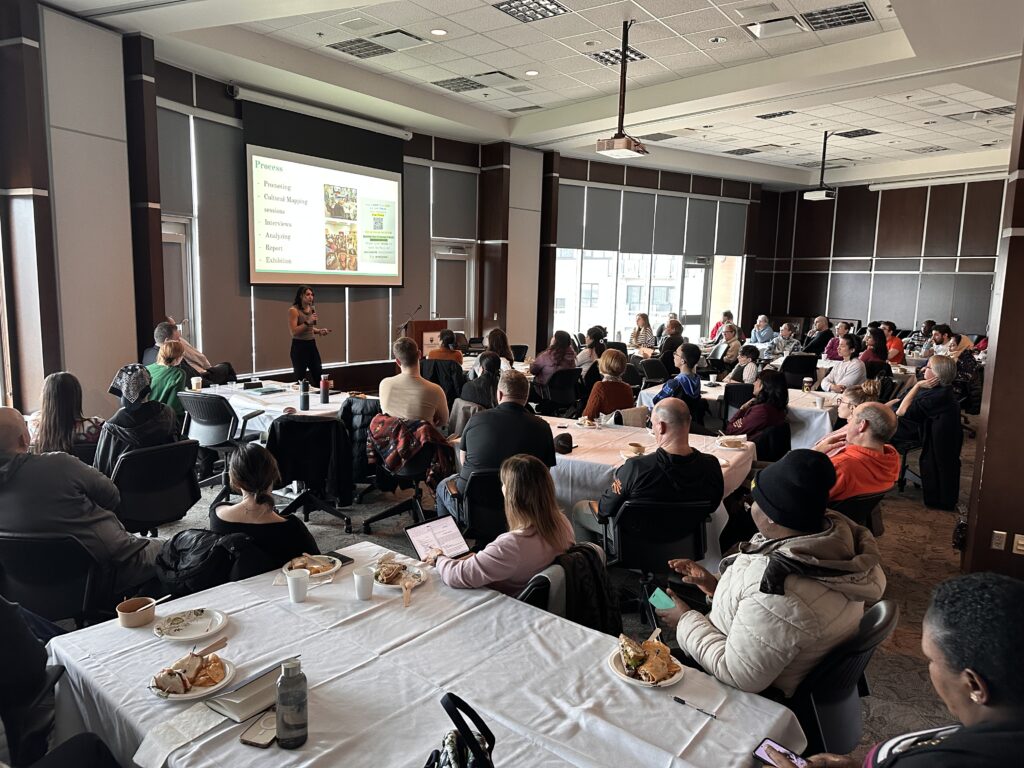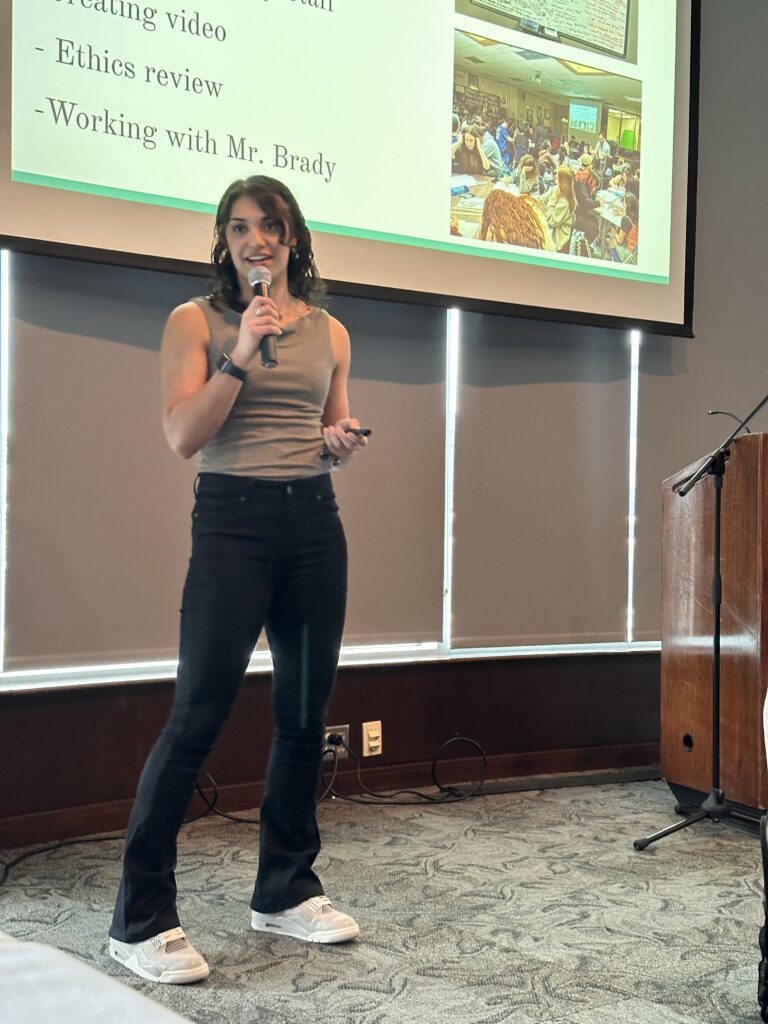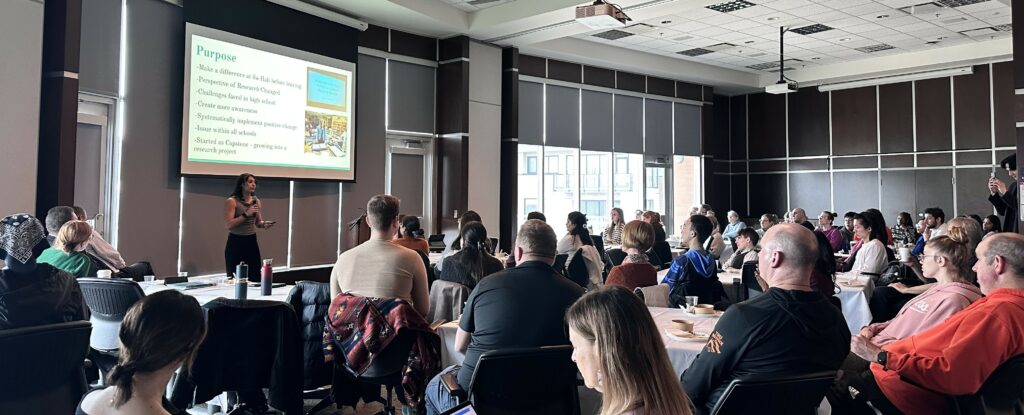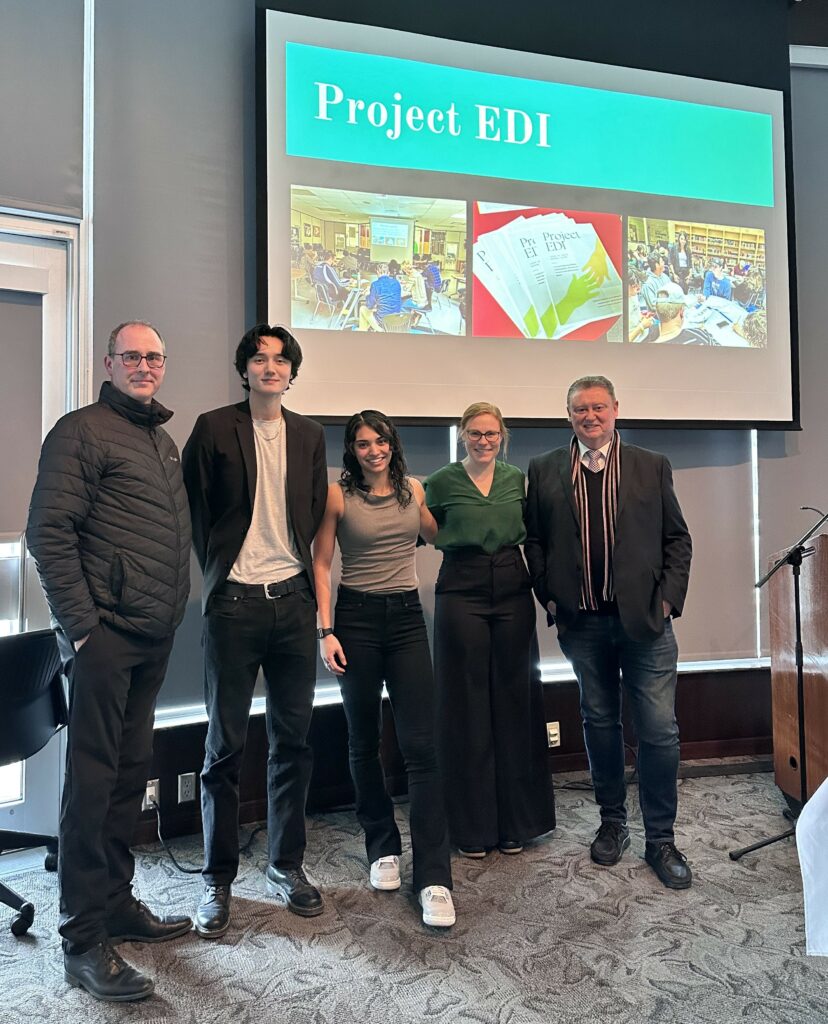Project EDI
Cultural mapping provides a localized approach to EDI education and planning rooted in evidence-based research. Significantly, it involves students, validates their experiences and insights, moves beyond mere compliance, and, when done well, helps build an inclusive community. Capturing the local EDI landscape visually, in writing, and in conversation with students, their teachers, staff and administrators, cultural mapping presents an innovative and even necessary complement to existing educational approaches. The mapping makes individual experiences visible and public, keeping them local and inclusive.
Introduction to Project EDI
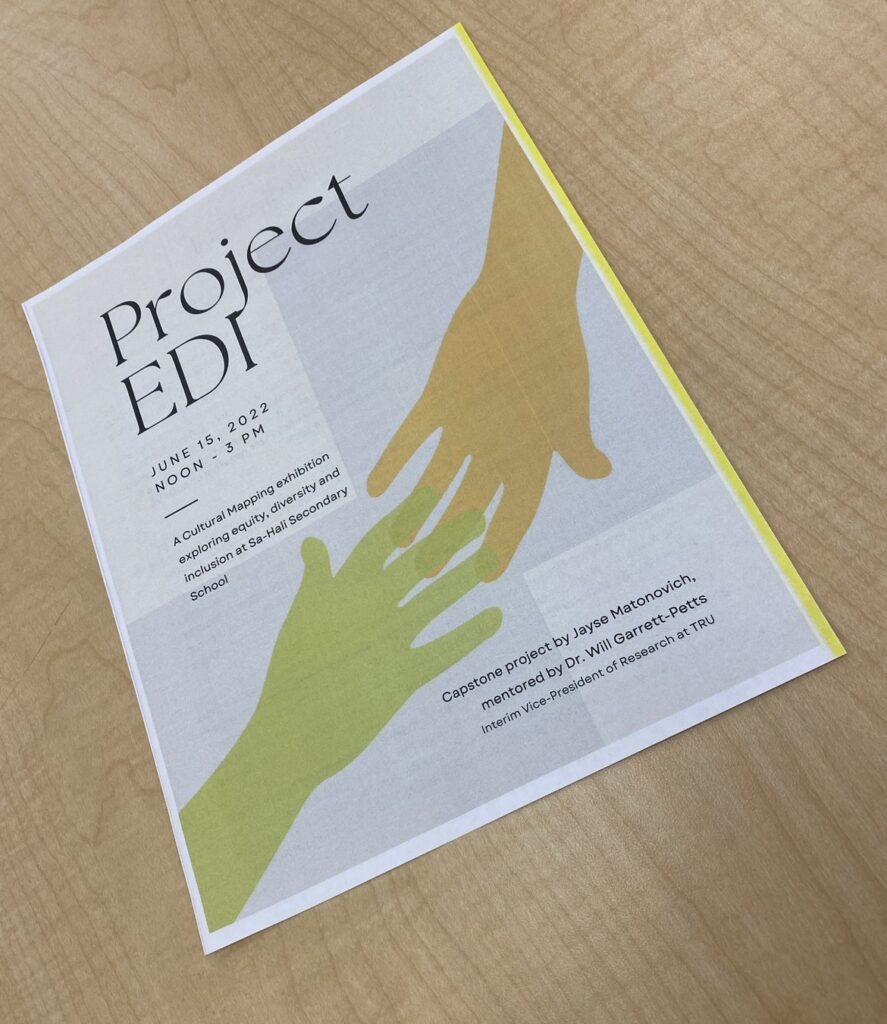
This project represents the first sustained application of cultural mapping to explore the EDI experiences of those working and studying in schools.
Cultural mapping provides a localized approach rooted in evidence-based research. Significantly, it involves students, validates their experiences and insights, and, when done well, helps build an inclusive community. It helps capture the local EDI landscape visually, in writing, and in conversation with students, their teachers and administrators. The mapping makes individual experiences visible and public, keeping them local and inclusive.
Visit the ProjectEDI website.
Background & Project Details
A research project led in 2022 by the student principal investigator Jayse Matonovich with her faculty mentor and co-PI Will Garrett-Petts asked participants to reflect on the question, “Where have you encountered experiences of equity, diversity and inclusion at your school?” and to put their impressions on paper in image and text. The maps depicting each participant’s experience of school culture were collected as part of the initial study; they have been anonymized, and are now being analyzed by the university team using a place-based schema. The team from Thompson Rivers University will be reviewing all the original data gathered, and gathering new data where helpful, with the aim of providing a full and statistically valid report. This report will offer a baseline for a future replication of the EDI cultural mapping, should such a replication study be requested.
The study considers the efficacy of cultural mapping as a method for documenting EDI culture in schools; and the method and data gathered will be shared with the school as a planning tool for creating an even more inclusive educational environment.
The research team seeks to document the school’s responses to the initial study, via personal and group interviews and documentation of changes to EDI-informed policies and practices at the school. Working in concert with the school administration, and when invited, the research team will (1) observe and document the school’s responses, and (2) conduct semi-structured interviews.
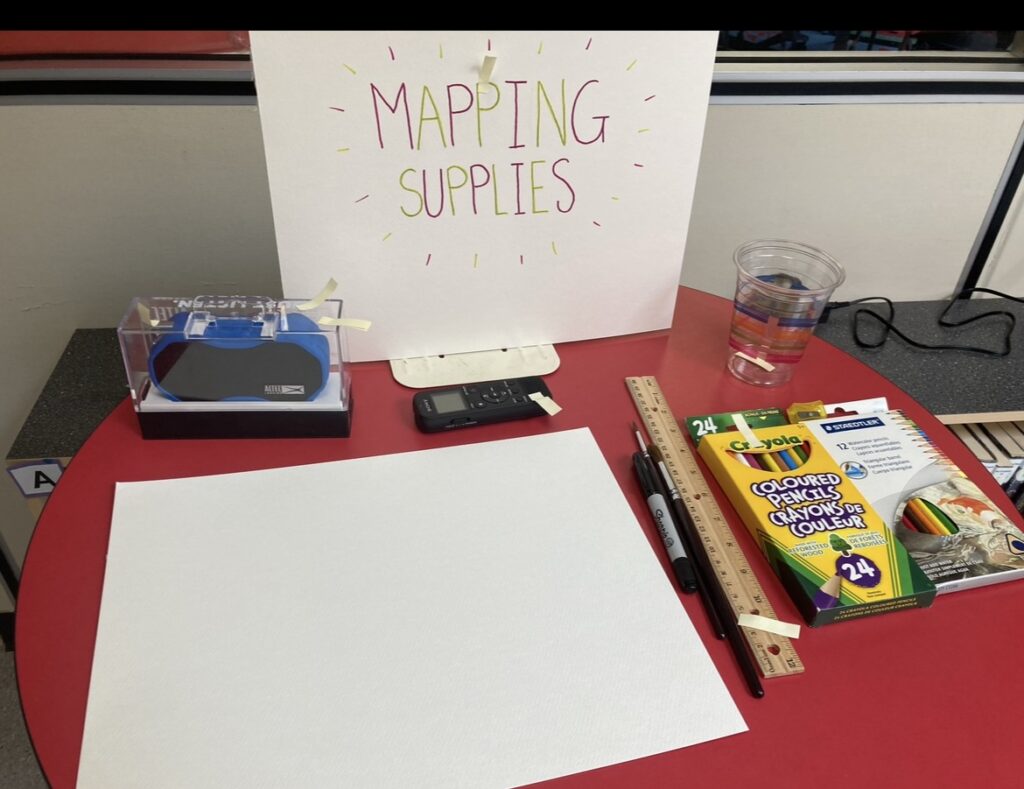
For more about Project EDI
Student PI’s Project Website: ProjectEDI.trubox.ca
Cultural Mapping Sessions and Exhibitions at Sa-Hali Secondary School
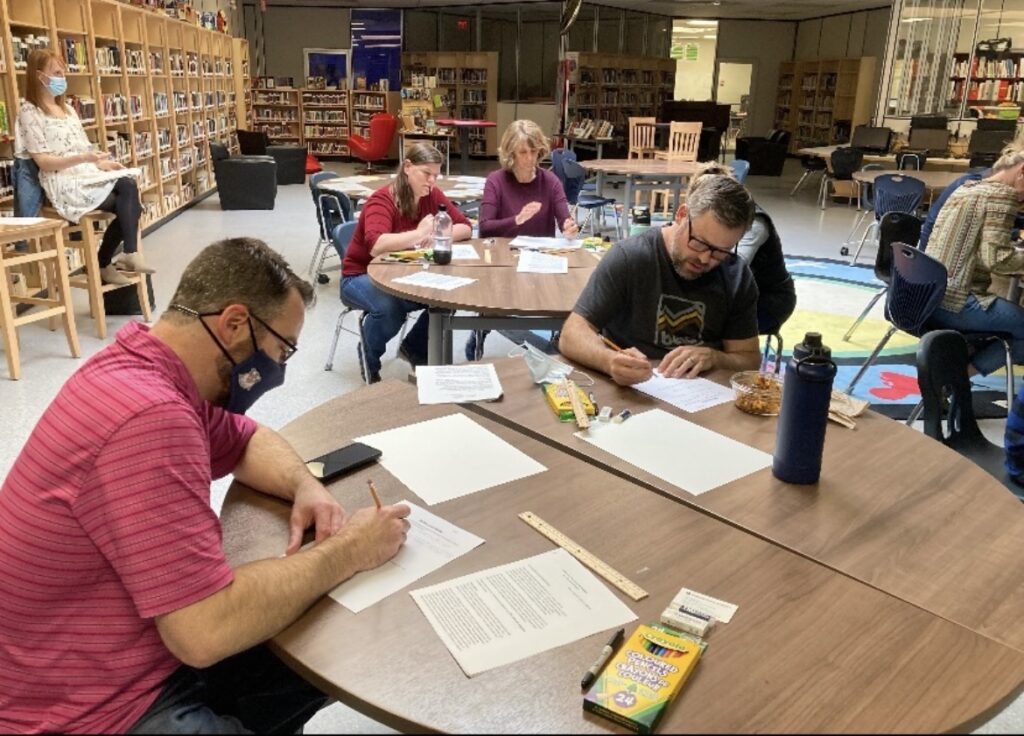
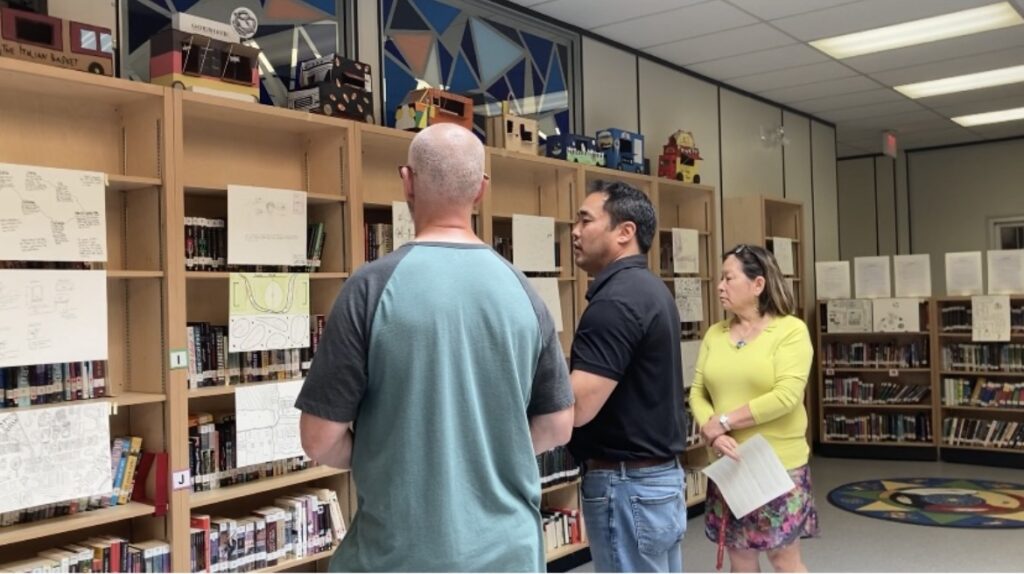
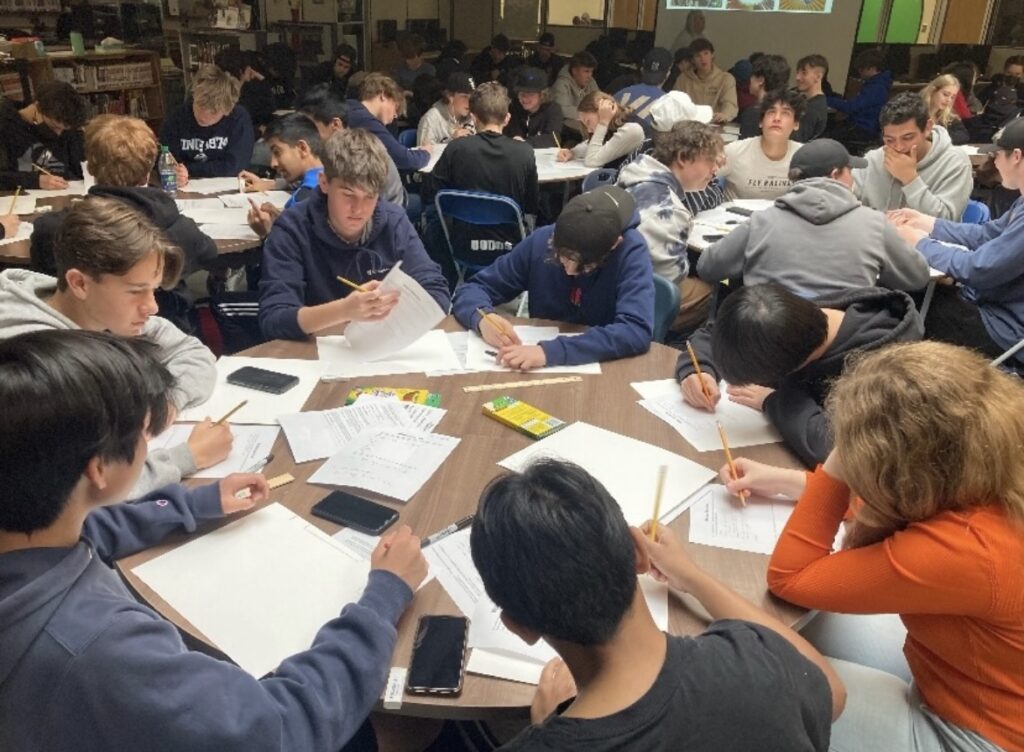
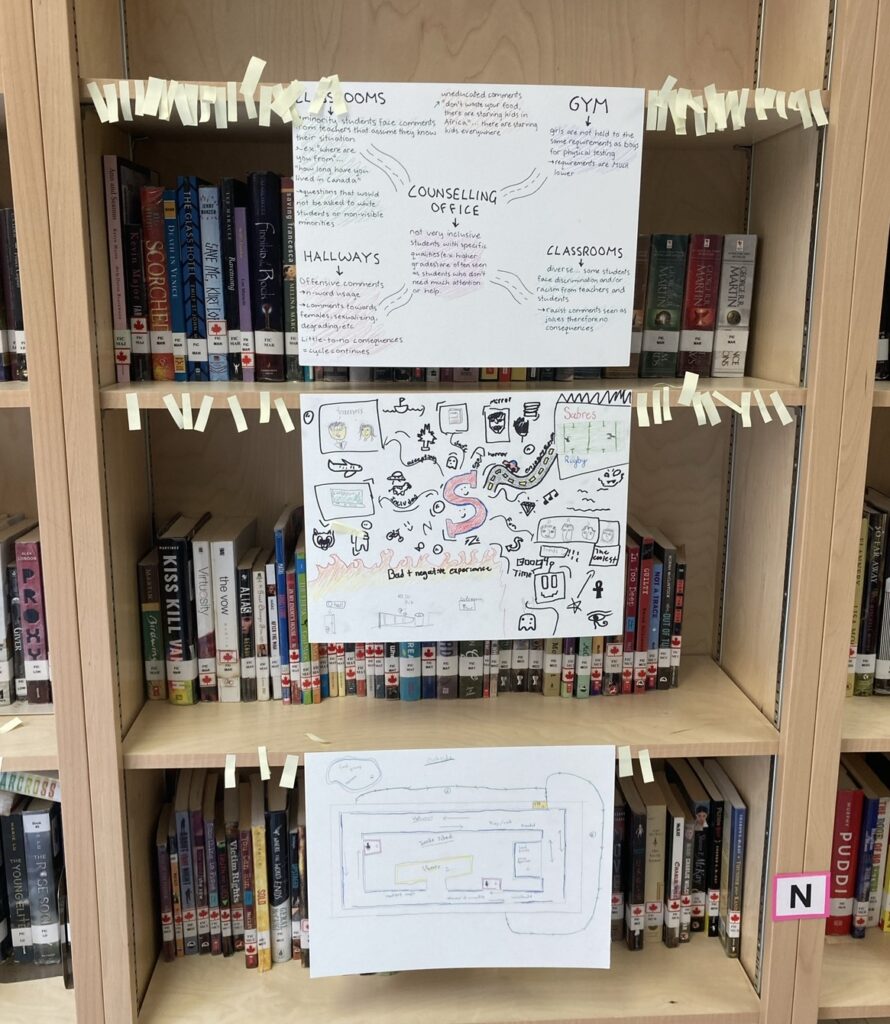

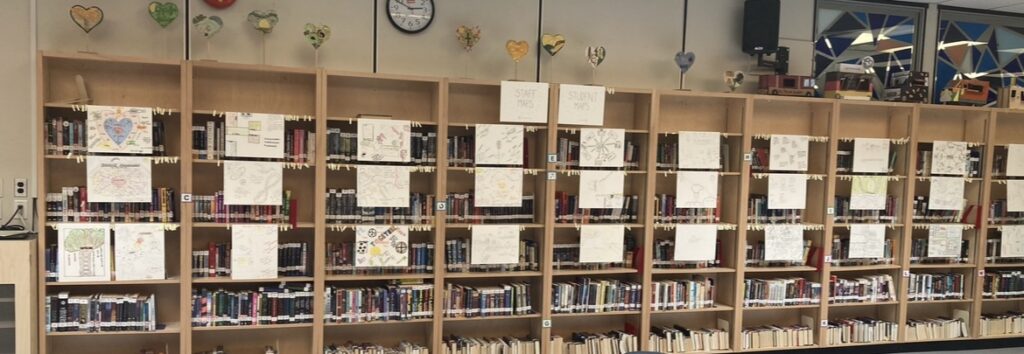

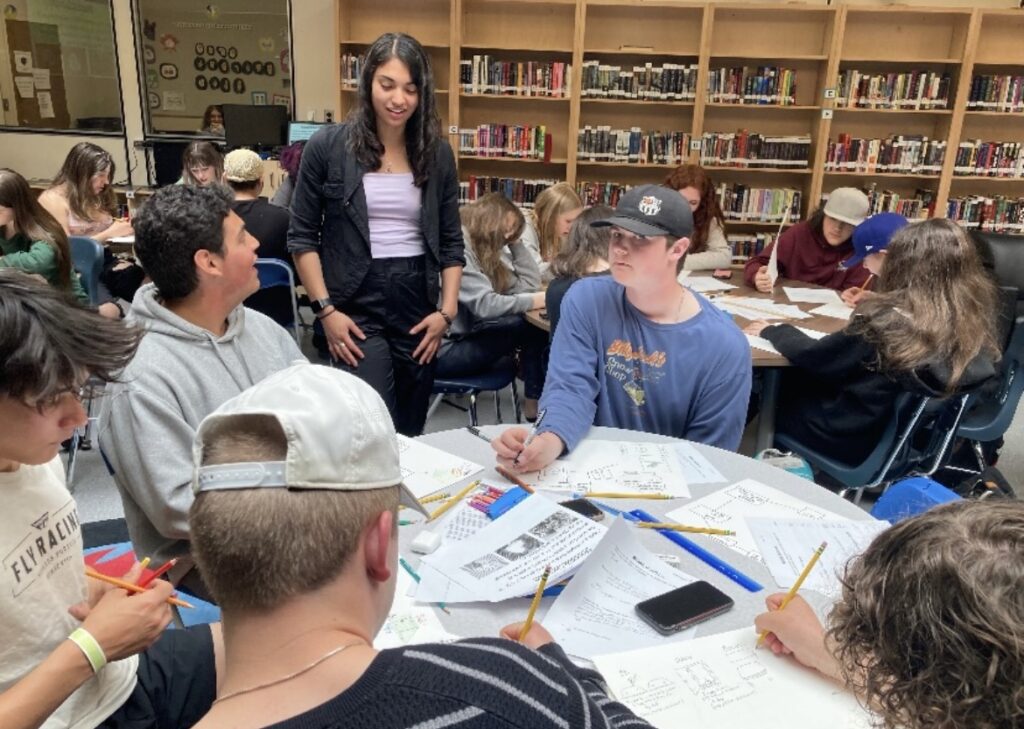

Presentation
Guest lecture panel presentation sharing by Jayse Matonovich (student), Dr. Will Garrett-Petts (faculty mentor) and Principal Jonathan Brady (Sa-Hali Secondary) Project EDI with students and faculty in the Faculty of Education and Social Work at TRU
